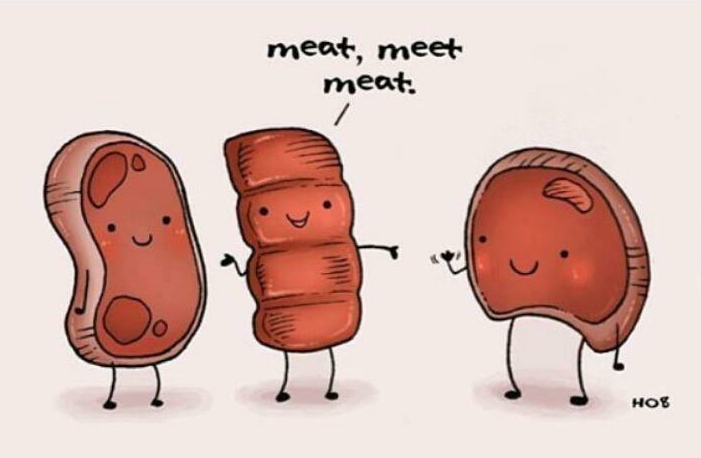A few weeks ago, one of my dear clients sent me an email including the link below with the simple question, “What do you think?”:
Diet: Eating Too Much Protein in Middle-Age Could be Harmful.
A new study suggests that a high protein diet (>1.2g protein per kg of body weight consumed per day) increases the risk of cancer, diabetes, and death among middle-aged adults. Lead author Dr. Valter Longo writes, “We studied simple organisms, mice, and humans, and provide convincing evidence that a high-protein diet – particularly if the proteins are derived from animals – is nearly as bad as smoking for your health.”
Cell Metabolism, March 2014
This may look familiar, as it’s study that made the mainstream media rounds with attention-grabbing titles such as High Protein Diet “as bad for health as smoking”. Needless to say, it has caused all kinds of Atkins’ followers to question their livelihood; vegans to rejoice in animal-loving union; and straight up concern or confusion in the rest of the public.
Since she wasn’t the first person who asked what my thoughts were (and probably won’t be the last) on this subject, I figured this was a good time to kick off a series of posts where I will share questions that I receive since they seem to be common concerns that are on a LOT of peoples’ minds! So, for the debut of Client Questions, here was my response to the above…
- It was actually two studies – a mouse intervention study and an epidemiological study. The only time tumor growth is mentioned or causation is applied is towards the mouse study (due to IGF-1 factor).
- No participant in the epidemiological study was under the age of 50, and people were divided into 50-65 or 65+ (and actually found high protein diets as beneficial to those over 65 unless they had diabetes)
- IGF-1, which is a growth hormone in dairy, meats, etc, promotes cell growth. As in, any cell growth. It doesn’t matter if it’s a muscle cell, cancerous cell, or a tumor. It just encourages growth of cells, period.
- The studies do not consider any of the following: the effect of exercise, intake of fruits and vegetables, which sources of protein, lifestyle (healthy or not), what replaced protein in the low protein groups, effect on weight loss, people younger than 50, etc.
In a nutshell, I would say if a person’s underlying diet is bad… then too high protein could be an issue, within the age group in the study. For all we know, the high protein group could have been eating mainly processed meats or other proven carcinogenic less-than-ideal protein sources to provide such results. Basically, there are many things that were not controlled and that are important to consider in this (and any) study.
A more accurate title or heading for this study in the media (or in general) would be something like: “High protein diets for those between 50-65 years of age may be associated with increased cancer risk.”
Hope that provides some insight for the day!

